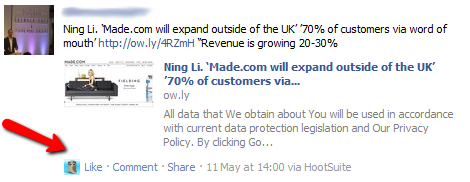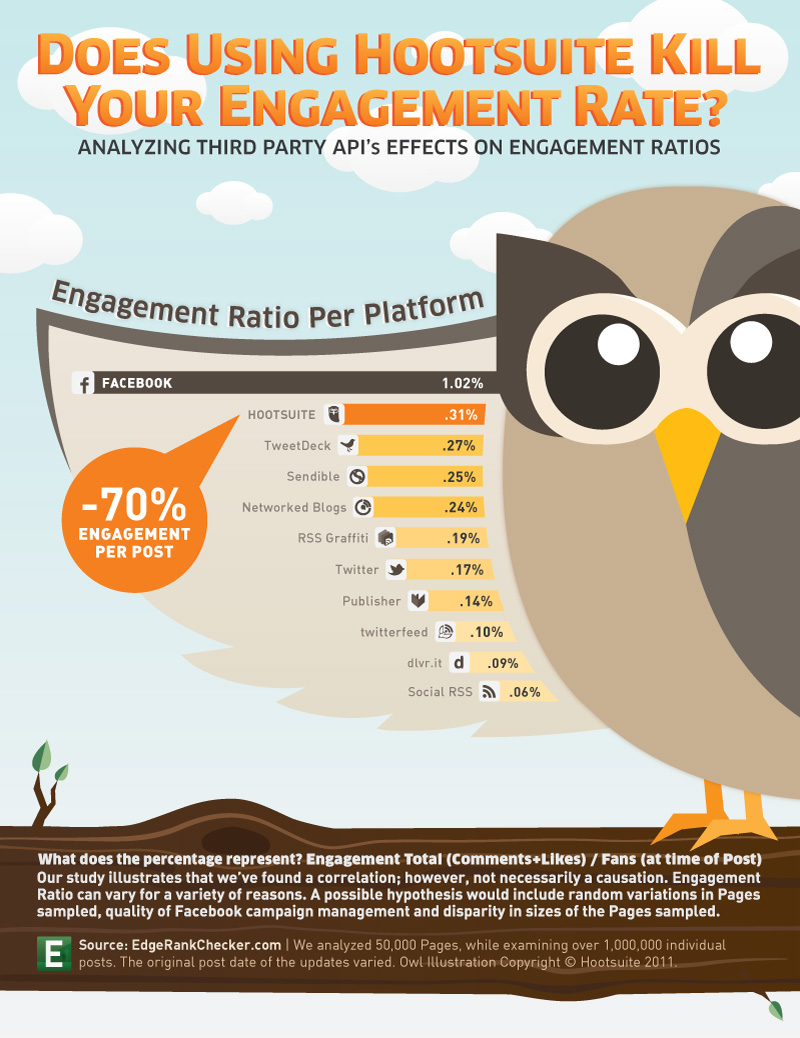A quick word on third party tools
I have always recommended using third party tools such as HootSuite and Tweetdeck to manage your Twitter presence. It makes tasks such as monitoring conversations around your brand so much simpler and effective, particularly when it constantly searches phrases in the background.
The other features are equally as useful too; Tweetdeck sits quietly open on your desktop without relying on a browser to host it, alerts you to any activity which is specifically relevant to you and also allows you to manage multiple Twitter accounts with ease. Until Twitter incorporates these features or similar into their own website (they’re getting there) then using these third party management tools is a smart way to work, and as Twitter recently bought Tweetdeck, it may not actually be third party for much longer.
Be wary of using them on Facebook
However, it has been a constant bugbear of mine when I see brands using these same third party tools to manage the content of their Facebook Pages. With Facebook being much more dynamic by way of rich media and user interaction it doesn’t make sense to use these tools, which are primarily text based to take control of what can already be very effectively managed through Facebook’s own dashboard. In a nutshell, it’s lazy!

It’s also distracting, confusing and impersonal to see that the company’s Facebook Page I like isn’t even making the effort to logon to Facebook. And it turns out I’m not the only one who thinks so, Facebook does too!
In a recent study by EdgeRank Checker which analysed over 1 million updates on more than 50,000 Facebook Pages they discovered that using a third party management tool to update your Facebook Page actually decreases your engagement per fan (on average) by approximately 70%. Based on the research by EdgeRank Checker it appears that Facebook may actually be penalising Facebook Pages using third party APIs to update their content, and they’ve created a great infographic to demonstrate their findings:
Third party tools in moderation
For those responsible for managing a company Facebook Page the research presents a clear and concise rule – Use Facebook’s own interface, and do not take the lazy option with automated updating tools. There is room for third party tools in your social media strategy, particularly with Twitter, but use them exclusively for Facebook and you could find your engagement rates suffer or worse, your content penalised.

